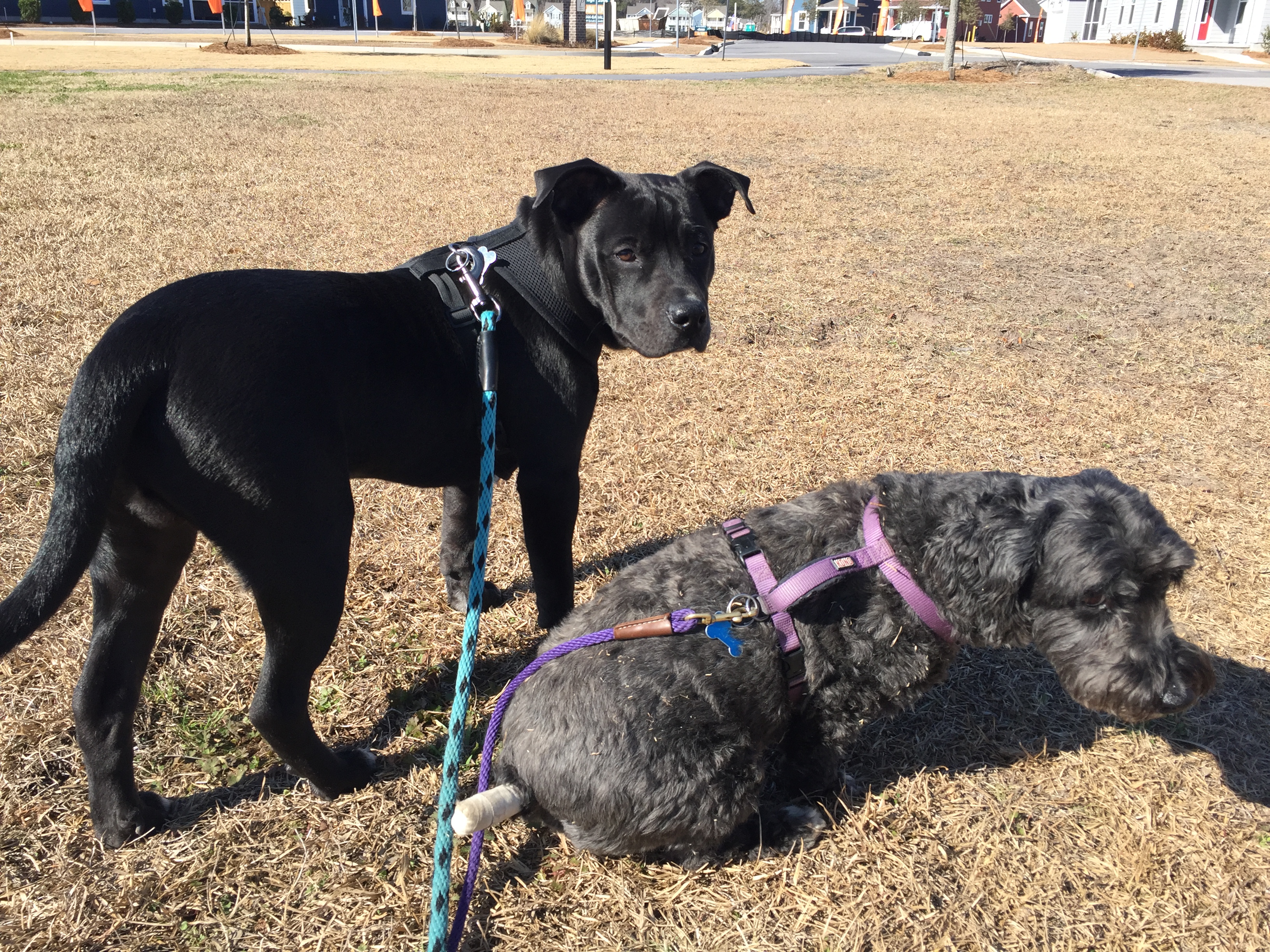
[Flash] 7 Hip Pocket Phrases to Influence (not just tolerate) Holiday Gatherings
|
![]()


|
![]()


|
![]()


“The way we do anything is the way we do everything.” ~ attributed to Martha Beck and Iyanla Vanzant,
each writers and television personalities
In other words, how we operate in one situation is typically indicative of how we act in other situations. Essentially people reveal themselves through their actions.
And this is particularly apparent in mentoring.
In my most successful leadership mentoring programs, I incorporate a Mid-Point Presentation in which each Mentee presents a synthesis of their project, progress, and learnings to date.
Why? Because the Mid-Point invariably separates those in action from those stuck in aspiration.
Unfailingly right before the presentations, I get an email from someone bearing an excuse: “I’m just too busy!” “This is not for me.” “I need more time.” “My mentor hasn’t responded.” “My mentee never reached out.”
While I never force anyone to continue the program, I do suggest, without judgment, “The way we do mentoring is the way we do everything.”
And then I explain that transformation happens when you identify your patterns:
We show up in mentoring the same way we show up in our jobs and in our lives.
Auspiciously, mentoring offers us an invaluable opportunity to see our blindspots and notice patterns of sabotaging behaviors.
Only then can we choose to continue or change our actions and ultimately our results.
![]()


Every morning my dogs wake me at 5:00am by licking my face energetically. We then walk one mile before the chaos of the day begins. To me, it’s joyful.
But does joy matter to our success?
According to Professor Barbara Fredrickson, a leading positive psychology scholar and researcher, it does.
Her Broaden and Build Theory argues that experiencing positive emotions (joy, interest, contentment, pride, and love):
Conversely, when we experience negative emotions (anxiety, sadness, anger, despair), our focus narrows, potential darkens, and we resort to habitual thinking, acting, judging, criticizing, and blaming.
Makes sense. If we’re worried or upset, we’re not looking for what’s possible. We’re shutting down, focused entirely on surviving the moment.
But when we’re feeling positive, we’re eager to learn, explore, and expand.
But it’s not about being positive or thinking positively. It’s about intentionally cultivating positive emotions in order to flourish at work and in life.
How? By doing that which brings us joy, interest, contentment, pride, and love
Ultimately, positivity is a strength, a skill we can develop and prioritize, like a leadership competency.
![]()


My favorite part of long holiday weekends is the freedom to relish a good book.
According to research, even short sessions of reading fiction improve our understanding of other human beings (which makes us better leaders!)
But I find weeding through the massive selection of books available to be a daunting exercise.
So I established my Fiction Filter – my own set of rules to identify fiction books that are worth my time and attention:
I actually find great success in using filters to weed through many of life’s overwhelming choices: movies, TV shows, activities, food, websites, and even conversations. Not everything deserves our limited time and attention!
So if you want to sink your teeth into delicious fiction this holiday, I offer you my list of recent favorites:
Happy Reading and Happy 4th of July!
ps. I’m always looking for entertaining fiction, thought-provoking non-fiction, or inspirational memoirs, so send me your recommendations!
![]()


Since rescuing my second dog, I’ve been watching Cesar Millan’s show Dog Whisperer to learn how to manage an additional 65 pounds of fur in my house.
On a recent episode, Cesar was scolding his client, “Dogs need leaders who love, not lovers who lead.”
So do people! Whether we are the boss, a parent, or both, our people are also best served when we are leaders who love, not lovers who lead.
While they desire a trusting relationship sprinkled with fun and frivolity, our people also crave our leadership, to direct the way while also challenging them to become bigger, better, bolder versions of themselves.
Which one are you?
A Leader who Loves…
A Lover who Leads…
Steve Jobs once said, “If you want to make people happy, don’t be a leader. Sell ice cream.” (And if he had been talking about my dogs, he would have said, “Give lots of treats.”)
![]()


Recently clients have asked me the following questions:
My response: There are no evil Mentors.
I’ve worked with Mentors for almost 20 years, and I’ve never met one determined to ruin a Mentee.
Disgruntled people don’t sign up to be Mentors. It’s discordant to be disengaged and engaged simultaneously. Even when these people are volun-told to be Mentors, they typically find an excuse to escape.
No one joins a mentoring program intent on destroying the program or a Mentee. People participate because they want to contribute, not contaminate.
Could they fumble, fluster, and flail and even express their frustration about the program and/or their experience? Sure! Because being a Mentor is as much a development experience for Mentors as it is for Mentees.
Here’s the secret: people learn how to mentor others when they actually start mentoring others.
Sadly, most people cower from the challenge because they feel inexperienced, untrained, and unprepared to mentor others. Understandably, they don’t want to fail. But Mentees can be very forgiving when Mentors demonstrate authenticity and perseverance.
A senior leader once admitted, “I would love to mentor, but I don’t know how.” While his vulnerability was refreshing (…most people just say, “I’m too busy!”) it was a missed opportunity for him and the organization!
How can we rouse people to courageously mentor others?
There are no evil mentors. Just inexperienced people who want to make a difference.
![]()


In 1989 college senior Wendy Kopp wrote her senior thesis proposing a national teaching corps to recruit college grads to teach in underserved schools. To launch Teach for America she needed money. She knew that successful businessman Ross Perot was passionate about public education and could fund her idea.
Wendy wrote Perot 11 letters before he finally called her. She pitched her vision and he gave her $500,000. Today Teach for America has a $300 million budget and 50,000 alumni.
Most people would have concluded Perot was disinterested, and then start to doubt themselves.
But Wendy’s perseverance demonstrates the power of separating ourselves from other people’s actions.
The secret is to ask, “What about this is about me?”
What about Perot’s initial lack of response was about Wendy personally? Nothing. Perhaps he didn’t receive the letters, got busy or distracted, was confused about the value, needed more information, or was stuck under a rock.
We tend to assume there’s something wrong with us rather than assume there’s something wrong with the other person or the situation… or nothing wrong at all!
Consider all the situations where we could instantly apply “What-about-this-is-about me?”
None of that is about us personally. And yet we often act like it’s a personal affront, triggering our defensiveness, frustration, or resignation.
What-about-this-is-about-me? can break the proverbial chains that stop us from operating with excellence and pursuing our passions.
Wendy Kopp was so determined to launch Teach for America that she deemed everyone’s response as informational, not judgmental.
Once we stop making it (other people’s behavior) about us, we will find interesting experiences, valuable information, and insights.
![]()
